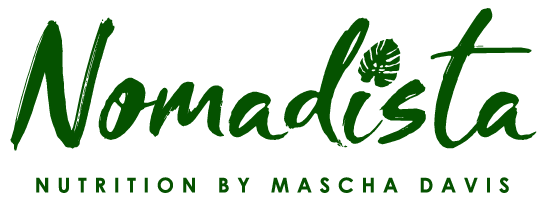There’s a reason I included an entire chapter in my book, Eat Your Vitamins, on vitamin Z. Vitamin Z, i.e. sleep, underpins absolutely every element of our health. If you don’t get enough sleep, your cravings and weight will be negatively affected. Without sufficient Z’s, inflammation increases and your ability to synthesize and metabolize vitamins and minerals is also affected.
According to the CDC, 1 in 3 US adults report that they do not get enough sleep per night - less than 7 hours. The amount of sleep needed varies from person to person. The overall consensus, however, is that adults need on average 8 hours of sleep per night.
So why are we falling short? There are of course many factors involved. Sleep disorders are common in the US. Disorders like sleep apnea and insomnia may need to be properly addressed by a sleep specialist. However, oftentimes poor sleep hygiene is to blame. Sleep hygiene encompasses the practice of developing healthy sleep habits. The things we do before bed can either set us up for a restless or restfull night's sleep. In order to optimize your sleep, let’s explore some ways to improve sleep hygiene.
1. Avoid electronics before bed: According to a survey conducted by the Sleep Foundation, 76% of the respondents reported that they watch TV before bed or use their phone before bedtime. The blue light from the TV/device can suppress the production of melatonin in the body. Melatonin is a hormone that regulates your circadian rhythm. It is recommend to stop using electronics at LEAST 30 minutes before bed- ideally 2 hours before bed is best. Try reading, journaling, or meditating before bed instead. This can help your body wind down naturally.
2. Try to wake up/go to bed around the same time each day: The body and mind work best when adhering to a sleep schedule. When staying consistent with the time you wake up and go to sleep, you can actually train your body to know when to start winding down/ waking up naturally.
3. Avoid large meals at least 3 hours before bedtime: Your body needs time to process a large meal and this will take priority over falling asleep. If you want to snack before bed - try having some nuts and seeds. According to the Sleep Foundation, adults who snack on nuts and seeds before bed, sleep on average 32 minutes longer than those who snack on foods such as chips.
Improving sleep hygiene can not only help you get more restful sleep at night, but it can also help you avoid the health implications that are associated with not getting enough sleep. Improving your sleep and engaging in healthy diet and lifestyle choices can also help reduce the risk of chronic conditions like obesity, hypertension, and diabetes.
What ways do you practice sleep hygiene? Comment below.



